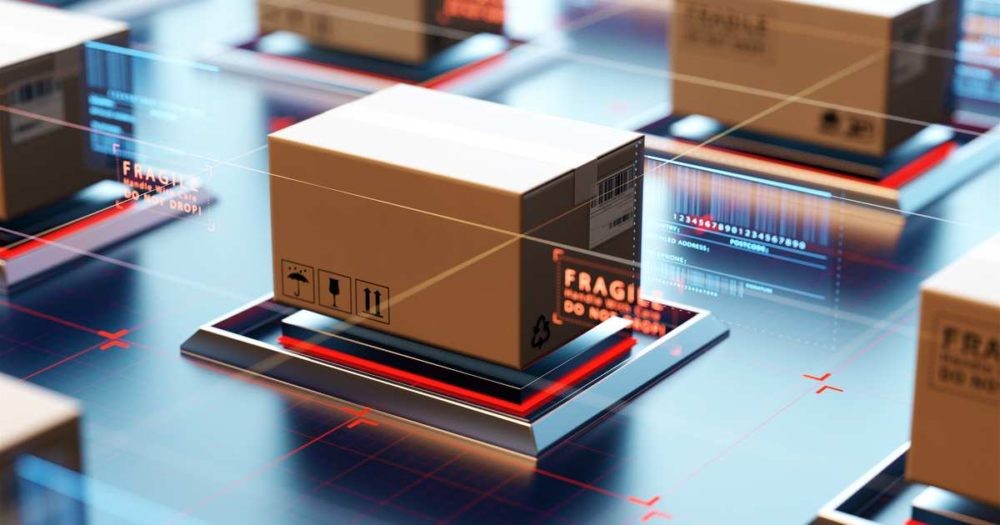Third-party logistics companies provide any number of services having to do with the logistics of the supply chain. This includes transportation, warehousing, picking and packing, inventory forecasting, order fulfillment, packaging and freight forwarding.
What are the benefits of using a 3PL provider?
Using a 3PL provider offers lots of advantages. The biggest is that by handing over this logistics, you can focus on other aspects of your business such as sales, marketing and product development. Outsourcing 3PL leaves you with more time and resources. Here are a few other advantages:
- Cost reduction: 3PLs have more leverage with freight companies and using a 3PL to manage all or part of your supply chain also gives you the freedom to invest in other key areas to grow and develop your business.
- Scale up or down as needed: Most businesses experience fluctuations in demand throughout the year (peak season). Using a 3PL allows you to manage peaks and troughs more effectively without having to commit to capital when you don’t need to.
- Provide a better customer experience: Customers expect next-day or same-day shipping as standard. Using a third-party logistics provider allows you to offer fast shipping no matter where the order is being sent, thanks to having access to the 3PL’s wide distribution network.
- Test new markets: With an international 3PL, you have the flexibility to test the waters in new markets without having to commitment to any major investments like your own warehousing space or staff.
- Mitigate risk: Shipping delays can and do happen for a number of reasons. When unforeseen circumstances pop up, a 3PL is responsible for making alternate arrangements to fulfil your orders as quickly as possible.
- Gain instant expertise and knowledge in the field: Especially if you’re just starting out, who better to take care of your logistics than a company that specializes in them.
- Get a handle on international logistics: If you’re selling internationally, 3PLs can take care of documentation, customs, duties and other issues that come up at the borders that can delay your shipments and result in high costs if not done thoroughly.
- Generate cost savings: When it comes to warehousing, not having to maintain your own space and staff can be a big cost-saving measure and by good inventory forecasting they can help optimizing your inventory levels.
Business was booming for third-party logistics (3PL) providers even before this year began. Driven largely by exploding ecommerce growth and globalization, in 2019 the global 3PL market was estimated to reach $1.3 trillion by 2024, translating to a annual growth rate of 9% even before the pandemic hit.
And it’s not just ecommerce merchants and retailers who have been jumping on the bandwagon. If you’re a manufacturer who has recently realized the importance of having a direct-to-consumer (DTC) strategy, then your organization may also be considering partnering with a 3PL provider.
If logistics isn’t your core competency or competitive advantage (and it doesn’t make sense for you to try to make it one), you may be seriously considering partnering with a 3PL provider.
Future of 3PL’s will lead to new trends and innovations in supply chain
Third-party logistics providers are operating in changing macro and micro-environments. Maintaining strong relationships with customers will be critically important to navigating those changes so they will be regarded as key sources of information to identify and solve supply chain problems and challenges that lie ahead.
The future success of logistics providers will also be driven by the extent to which they understand, anticipate and get out in front of trends and innovations in supply chains.
Also 92% of third-party logistics users and 96% of providers agree that supply chains are evolving from linear chains or processes to complex networks or ecosystems of organizations, resources and capabilities.

